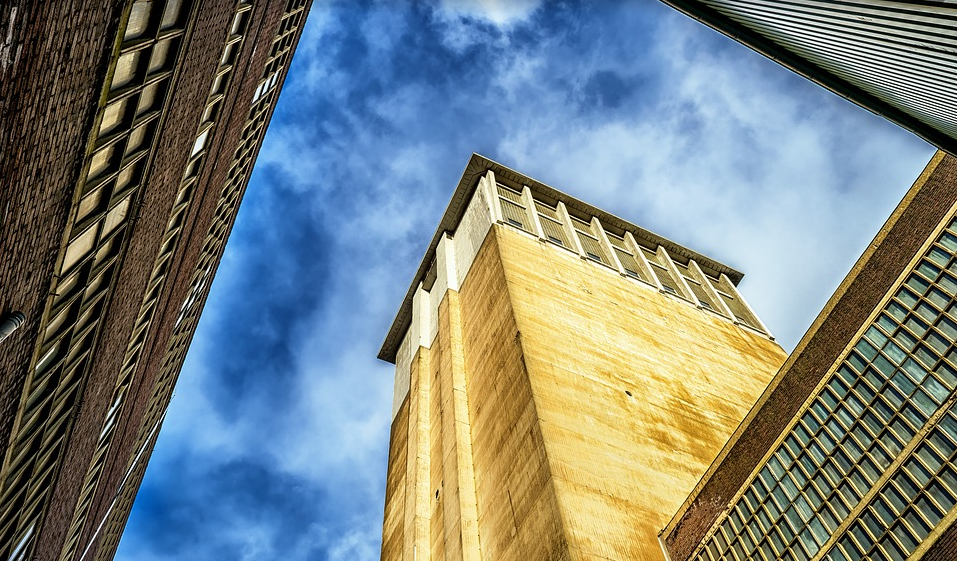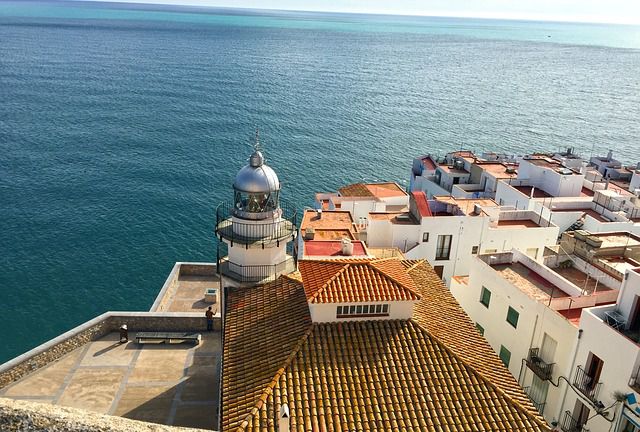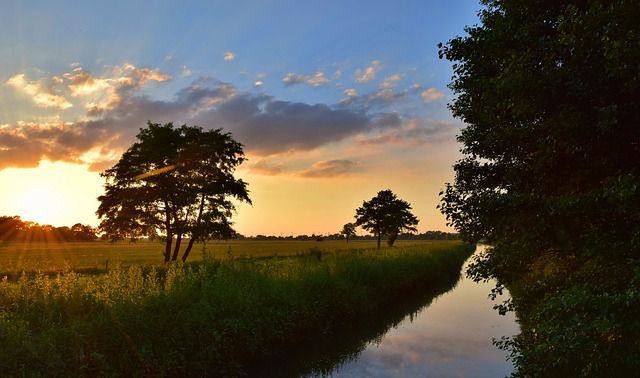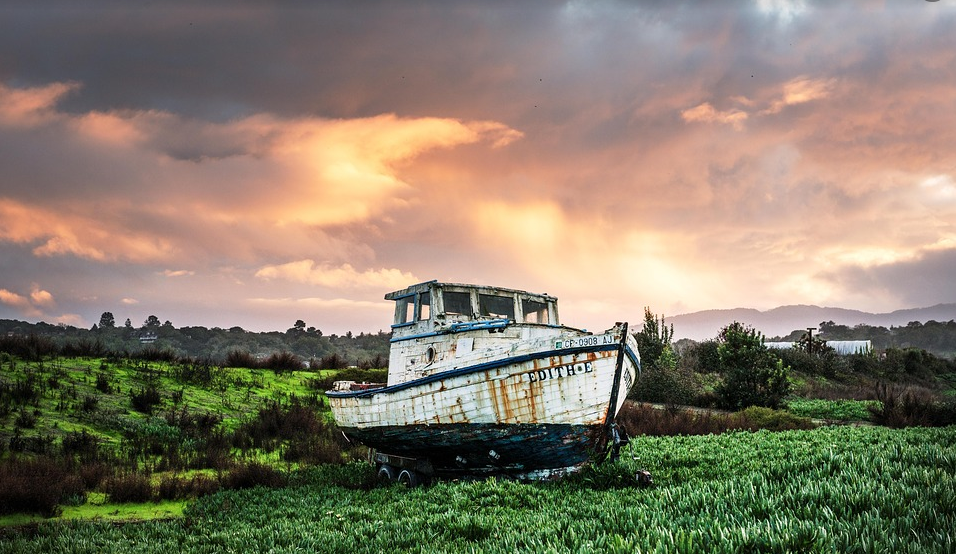Infrastructure 基础设施
|
Helen: This is Real English from BBC Learning English. I’m Helen. Zoë: 欢迎收听今天的地道英语,我是刘佳。 Helen: Today we’re going to look at words and phrases that have recently become part of the English language. Zoë: 在今天的节目里,我们一起来学习和熟悉一些现代英式英语里新出现的词汇和新说法。 Helen: English has a very large vocabulary, and new words and phrases are entering it constantly. It’s important to keep up to date with real English. Zoë: Helen, 我们今天要学的新词是? Helen: Today’s word is infrastructure. Zoë: Infrastructure. 这个词的意思是? Helen: Well, infrastructure means all the basic systems a country – or an organisation – needs, such as water, power supplies, roads and buildings. Zoë: 哦,这个单词的意思就是指所有的基础设施或者系统,比如说一个国家中的能源还有水力,道路,或者建筑。 Helen: That’s it. In most of Europe and the USA, the infrastructure is very good. You have excellent roads and trains. You have a choice of power supplies and good water. Zoë: 那在其他国家呢? Helen: Well, many countries – in Africa for example – are still developing and don’t have very infrastructure. Zoë: 原来是这样。所以,你可以说 the infrastructure is not good in Africa. Example: A: So, are we going to build the new factory in Bolivia or Brazil? B: I think it should be in Brazil. The infrastructure is better. Helen: So, do you think the infrastructure is good in China? Zoë: It is getting better. The infrastructure is improving all the time. Helen: That’s very good news. Zoë: Yes, it is. We now have better roads and schools. Helen: In Europe the infrastructure is very good. They have excellent roads, good train systems, good public hospitals and schools. Zoë: Yes, I have heard that. Helen: It’s time for us to recap, so what does infrastructure mean? Zoë: Infrastructure 指的就是一个国家的基础设施,比如说水资源,道路交通建设,或者是建筑。 Helen: You’ve been listening to Real English from BBC Learning English. Bye for now. Zoë: See you next time. |








